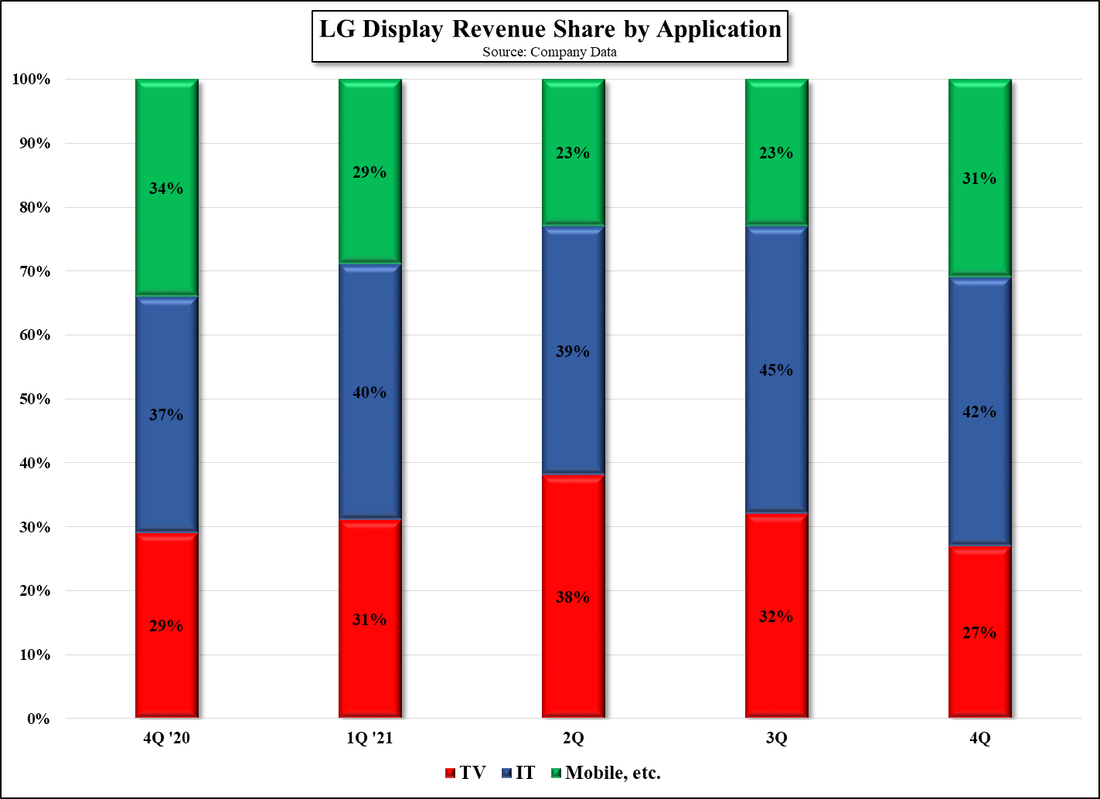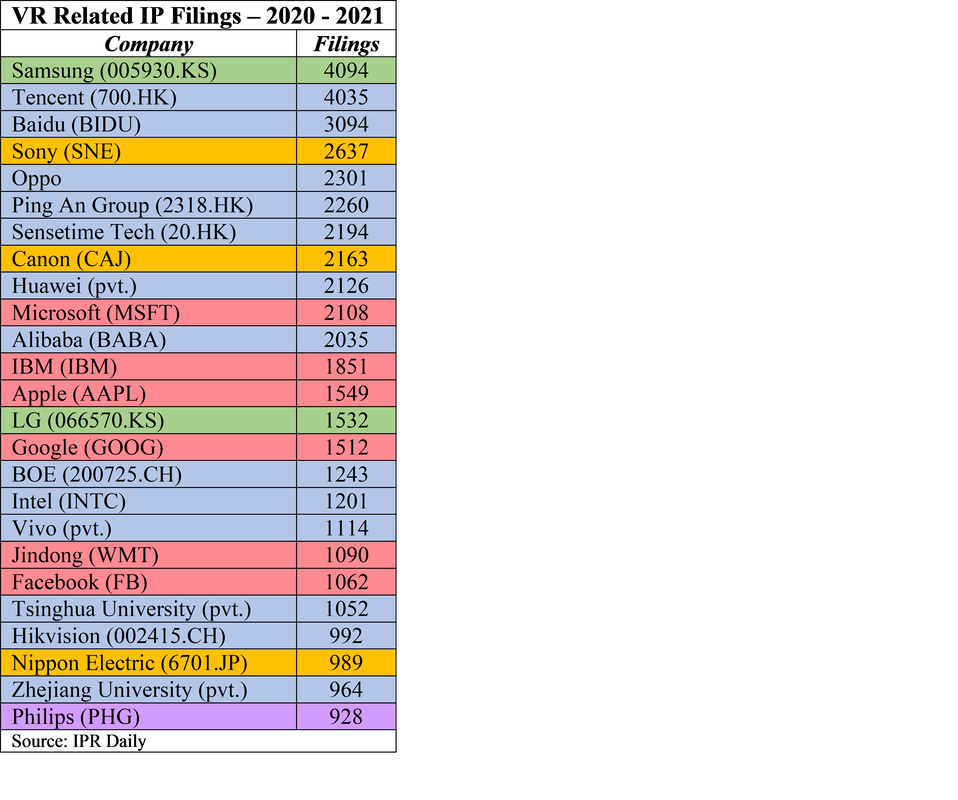The Expensive Dutch Apple
While Apple’s minor concession to what is a mounting tirade against such limiting policies, other countries have taken askance at the light being shed on same and have taken up the cause. Japan’s Fair Trade Commission forced Apple to allow some applications in the store to direct users to their own websites to sign up for subscriptions, while South Korea passed legislation that banned all application store operators from forcing developers to use in-store payment processing, with Apple having submitted plans to comply with the new law earlier this month.
But just before Christmas last year the Netherlands Authority for Consumers and Markets published an order requiring Apple to “adjust the unreasonable conditions in its App Store that apply to dating-app providers”, as Dutch dating app providers are currently unable to choose a payment system. The ACM went further in that the required Apple to adjust the system within 60 days or it would be fined €5m per week, up to a maximum of €50m, and while the Dutch authority chose to focus on dating apps, as they are most dependent on reaching a large audience (both Android and iPhone users), they are ‘forced’ to comply with Apple’s rules in order to reach the most potential users.
Apple did make some attempts to comply with the ruling while noting that they were being obligated to make such changes, although they have implemented nothing more than a form that allowed developers to express interest in using an alternative payment system, which does not seem to have assuaged the wrath of the ACM, especially as Apple only provides for a choice between in-house or external payment systems and not both as the law directs. In order to compel Apple to comply with the letter of the new law, the ACM has imposed that €5m/week fine on the company, which it is appealing under the concept that the decisions ‘could compromise the user experience, and create new threats to user privacy and data security.” Tim Sweeney, Epic Games’ CEO, a rather biased participant in the controversy, indicates that Apple’s plan for the Netherlands is to force Dutch dating applications to withdraw from the App Store and make users install a new ‘Dutch-only’ version that offers the mandated options, while still collecting a ‘tax’ on payments made through subscriptions processes through dating app websites.
All in, headline grabbing fines and rulings are continuing to focus attention of Apple’s App Store policies, which have gone under the radar for years. We would expect other countries to take up the cause, especially when governments want to publicize their ‘consumer orientation’, and we also expect Apple will make some concessions but will fight the trend both in court and in the press when necessary, but we expect the end result is that Apple will have to concede and give developers the opportunity to process subscription payments in-house, likely still collecting its yearly fee (for listing) and a share of in-app purchases, so one might believe that all developers would want to take advantage of the new trend. Likely not so, as many small developers do not have or cannot afford to have the capability for in-house payment processing and will be happy to let Apple do it for them, even at 30% as the exposure they get on the Apple App Store is considerably higher than those that might charge smaller fees. Apps like Netflix (NFLX and Spotify (SPOT) have already made decisions as to whether they wanted to remain on the site under the old rules, but as the reins are loosened by Apple, either voluntarily or by mandate, things might change.





 RSS Feed
RSS Feed